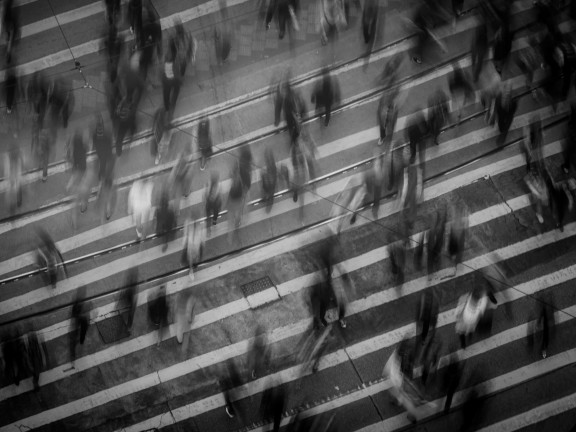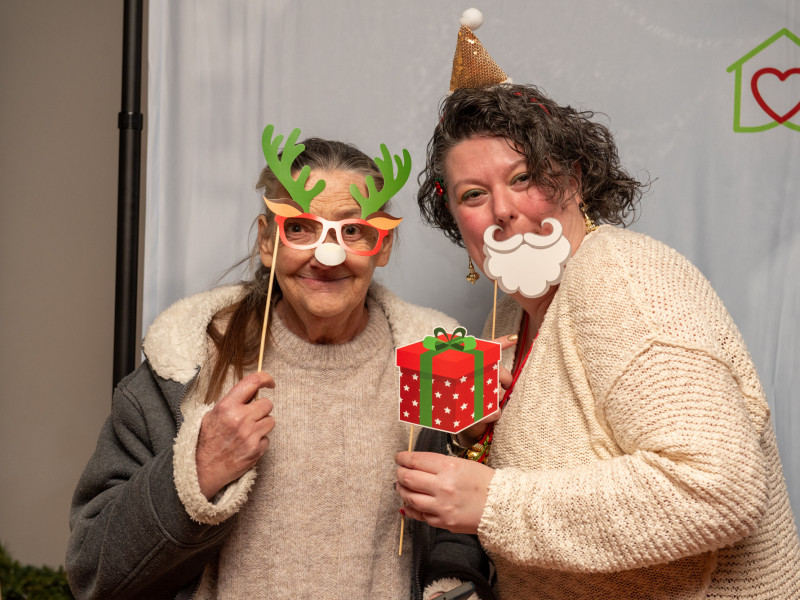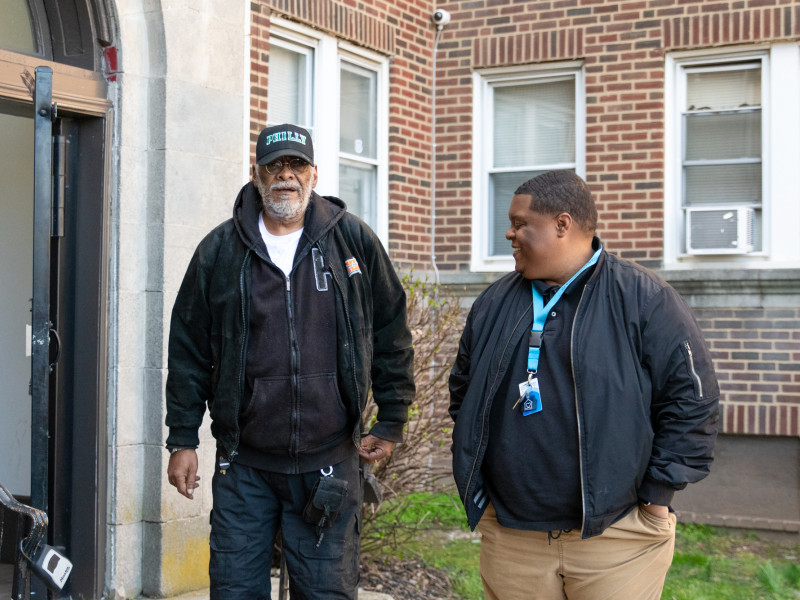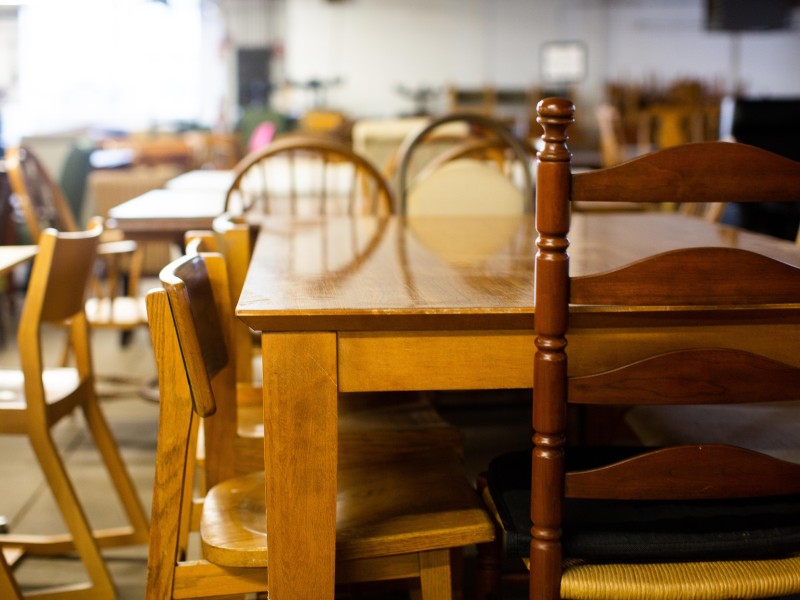What Our Participants Want You to Know - Causes of Homelessness

We recently held a focus group to get feedback on our marketing and storytelling efforts from our participants. We showed a presentation of various marketing materials and social posts as starting points for discussion. Our participants were insightful and eloquent in their feedback, telling us what they liked and pointing out areas where we could improve.
As a final discussion question, we asked the group of 20 participants what stories they want us to tell that we aren’t currently telling. And the response was nearly unanimous: they want people to understand what it’s really like to experience homelessness. They feel misunderstood and unfairly judged for their experiences and want more opportunity to educate people who haven’t had the same experiences.
This week, as part of Hunger and Homelessness Awareness Week, we’re sharing “What Our Participants Want You to Know”. In Part 1 of this two-part series, we’ll discuss the causes of homelessness. Part 2 published here focuses on the realities of living unsheltered for years, or even decades.
The Causes of Homelessness
The reasons people experience homelessness vary widely, as each person’s journey involves unique challenges and circumstances. However, certain common themes often emerge:
Lack of Affordable Housing
The area median income (AMI) is commonly used to determine “affordable” rent in a community. In Philadelphia, the AMI includes four wealthier surrounding counties, bringing it to $114,000. However, the actual median income for city residents alone is closer to $57,000. This means rents for new “affordable” units are calculated using an AMI that’s twice the actual median income of Philadelphians. Meanwhile, housing that is truly affordable for city residents is often outdated, poorly maintained, and located in neighborhoods where safety is a concern.
Income Instability and Intergenerational Poverty
Many individuals and families face difficult choices, such as whether to pay rent or feed their families, or whether to prioritize having a car to get to work or a safe place to live. This struggle is often compounded for those from multiple generations of low-income households, as opportunities to improve economic status diminish and barriers grow with each generation.
Mental and Physical Health Challenges
Without access to quality healthcare and a strong support system, health challenges can become overwhelming, leaving individuals unable to work, pay rent, or maintain a stable home. Over time, untreated physical and mental health issues can create a cycle of instability, making it even harder to regain footing and secure housing.
Reentering Society after Prison or The Army
Both prison and army service can be isolating, leaving someone without a strong network of support when they return to society. That can lead to struggles finding housing or maintaining a residence, and ultimately lead to homelessness.
Racial and Gender Inequity
Black, Indigenous, and people of color have historically faced systemic barriers such as being denied mortgage loans, limited access to generational wealth, and employment discrimination. These inequities contribute to their overrepresentation in the homeless population. In Philadelphia, 72% of individuals experiencing homelessness in 2022 were Black, despite Black residents making up about 40% of the city's overall population. Nationally, Black Americans are three times more likely to experience homelessness than White Americans, while Native Americans are four times more likely. Additionally, an estimated 25–40% of Philadelphia’s youth and young adults experiencing homelessness identify as LGBTQ, compared to just 10% of the general population.
Job loss, Unemployment, and Under-employment
According to research from Charles Schwab, 59% of Americans are one paycheck away from homelessness. Wages that don’t keep up with rising housing costs, lack of savings, food insecurity, wage stagnation, and lack of safety nets can all play a role in job loss leading to homelessness.
It’s a staggering realization that 59% of Americans are one paycheck away from homelessness. Homelessness doesn’t happen because someone “deserves” it—it happens because, as a society, we have failed to guarantee basic human rights for everyone. Our systems are structured in a way that leaves more than half of us vulnerable to a single challenge that could result in losing our home.
Of course, it’s rarely that simple. Many Americans have a safety net in place that allows them to live with family, receive assistance from a friend, or get connected to a short-term loan to save their housing. Those that don’t have a network or community to hold them up are the most likely to ultimately become homeless...


